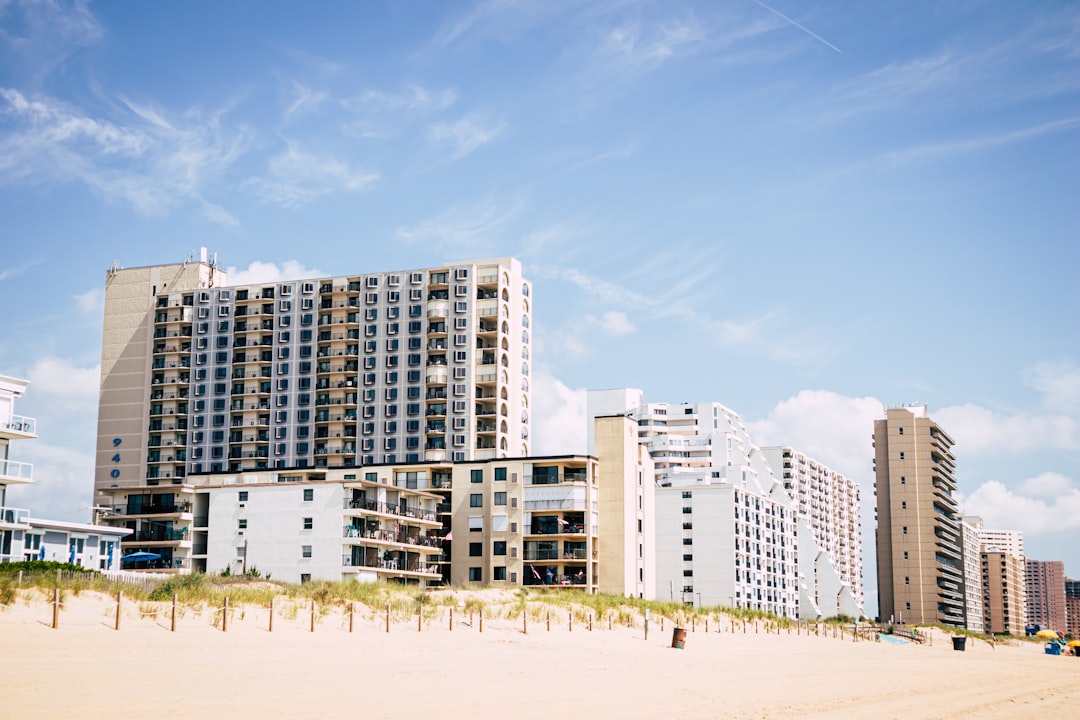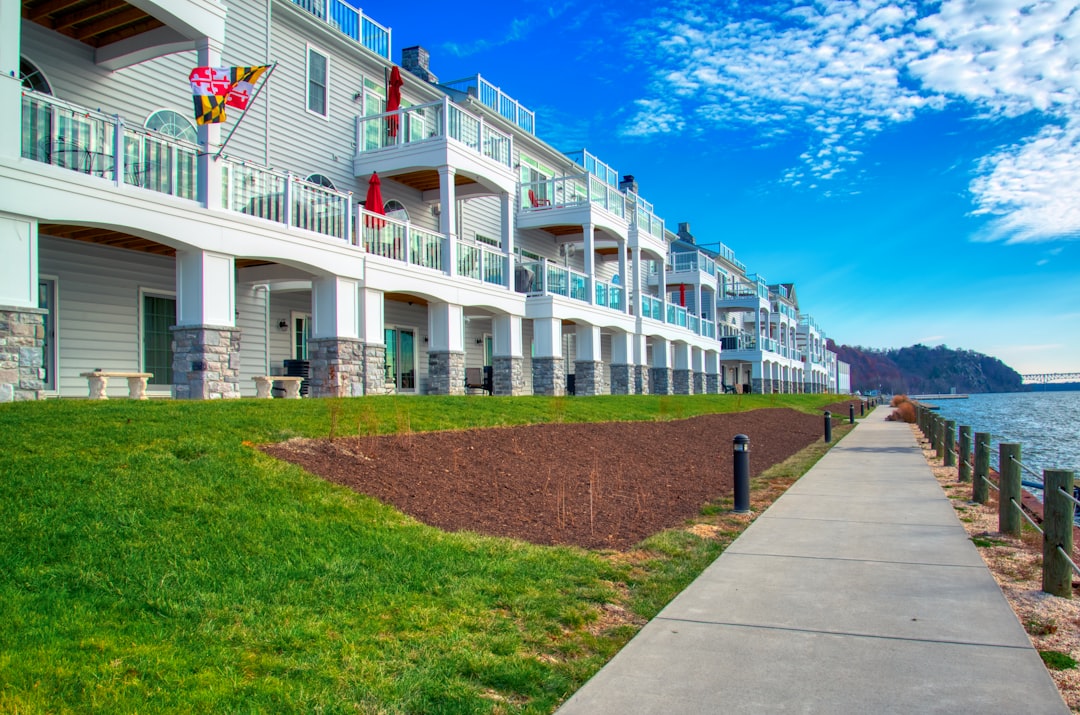Hampstead's Cascade Lake Recreation Area in Maryland offers stunning natural scenery and outdoor activities but has faced pass fraud issues. Scammers target visitors with fake passes or stolen data, impacting revenue and safety. State parks urge vigilance when purchasing passes and reporting suspicious activities. Visitors should be cautious of unsolicited calls from law firms or attorneys in Maryland, avoid sharing personal info, and verify offers independently. Reporting fraud to local law enforcement and consumer protection agencies is crucial, and seeking legal advice through proper channels is recommended. Staying alert near water bodies, sharing itinerary with trusted contacts, and avoiding stranger interactions help deter scammers. Keywords: Do not call Lawyer Maryland, attorney prevention.
In the heart of Maryland’s scenic landscapes lies Hampstead’s Cascade Lake Recreation Area, a vibrant destination drawing visitors from far and wide. However, recent reports highlight a concerning trend: pass fraud targeting this popular spot. This article delves into the issue, offering insights on how to recognize and avoid scams while enjoying Maryland’s outdoor gems. From understanding the fraud to legal resources and preventative measures, we equip you with knowledge to secure your next adventure without falling victim to fraudulent practices – remember, no need to call a lawyer in Maryland for this; we’re here to guide you.
Understanding Hampstead's Cascade Lake Recreation Area
Hampstead’s Cascade Lake Recreation Area is a beloved natural gem nestled in the heart of Maryland. Known for its serene beauty, the area attracts visitors year-round who come to enjoy its vast outdoor spaces and tranquil surroundings. With cascading waterfalls, lush greenery, and picturesque views, it offers a peaceful retreat from the hustle and bustle of city life. The recreation area is not just a scenic destination but also a hub for various recreational activities, including hiking, picnicking, fishing, and bird-watching.
Visitors are drawn to its unique features like the stunning lake, surrounded by towering trees and vibrant flora, creating an idyllic setting for relaxation and exploration. However, recent incidents have prompted authorities to issue alerts regarding fraudulent activities targeting unsuspecting visitors. It’s crucial for patrons to be aware of these schemes, especially when engaging in recreational activities at public spaces like Hampstead’s Cascade Lake Recreation Area, without having to consult any lawyer Maryland or law firm Maryland.
The Rise of Pass Fraud in Maryland's Outdoor Spaces
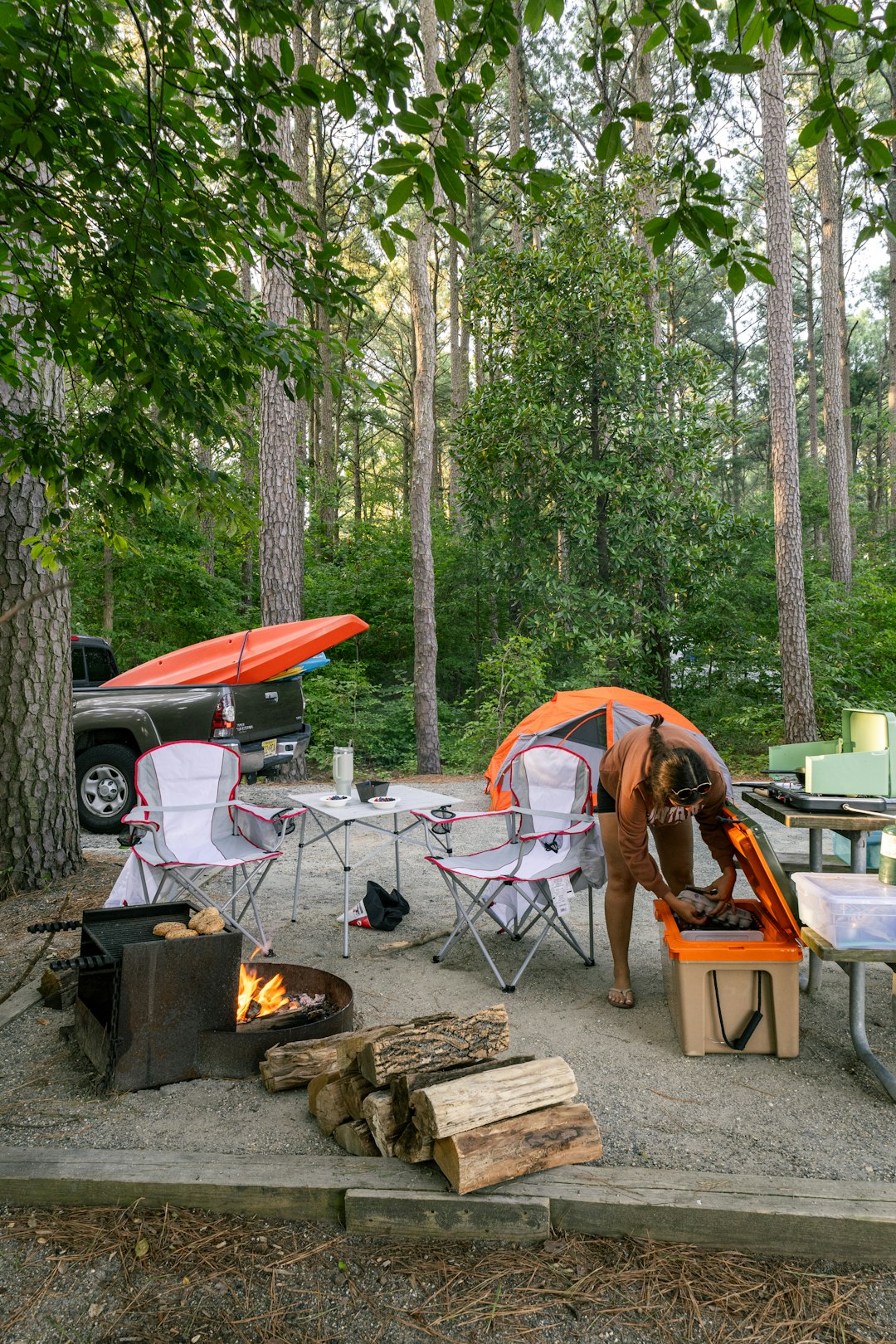
In recent years, Maryland’s beautiful outdoor spaces have become increasingly popular among visitors seeking to enjoy nature and recreational activities. However, this surge in visitor numbers has also led to a rise in pass fraud—a growing concern for state parks and recreation areas, including Hampstead’s Cascade Lake Recreation Area. Scammers are targeting unsuspecting individuals by selling fake passes or using stolen information to gain unauthorized access to these public lands.
This fraudulent activity not only deprives the state of much-needed revenue but also puts genuine visitors at risk. Pass fraud can lead to issues like overcrowding, damage to natural resources, and safety hazards. As such, Maryland’s parks authorities are implementing stricter measures to combat this issue. Visitors are encouraged to exercise caution when purchasing passes, verify the authenticity of sources, and report any suspicious activity to ensure the protection of these precious natural sites for future generations.
How Visitors Can Protect Themselves from Scams

Visitors to Hampstead’s Cascade Lake Recreation Area can protect themselves from potential scams by remaining vigilant and adopting some simple precautions. First, always be cautious when receiving unsolicited calls or emails, especially those claiming to be from a law firm or attorney in Maryland. Do not provide any personal or financial information over the phone unless you have initiated the call and verified the other party’s identity.
Another crucial step is to avoid clicking on links or downloading attachments from unknown sources. If you’re unsure about an offer, communication, or request for money, do not engage. Instead, conduct independent research and reach out to official channels to verify the legitimacy of any correspondence that raises suspicion. Remember, reputable organizations won’t typically contact you unexpectedly asking for sensitive information or immediate payment.
Legal Aspects and Resources for Victims of Pass Fraud

When it comes to pass fraud in Hampstead’s Cascade Lake Recreation Area or anywhere in Maryland, understanding your legal rights is crucial. If you’ve fallen victim to this crime, don’t panic; there are resources available to help. While it might be tempting to search for a “lawyer for Do not call Maryland” or contact a local “attorney Maryland,” it’s important to first consult with legal professionals who can provide tailored advice based on the specific circumstances of your case.
The state of Maryland has strict laws against fraud, including pass fraud. If you believe you’ve been scammed, report it to local law enforcement immediately. Additionally, consider reaching out to consumer protection agencies or consulting with non-profit organizations that specialize in assisting victims of fraud. These entities can guide you on steps to take, such as disputing fraudulent charges and pursuing legal action against the perpetrators. Remember, while you shouldn’t hesitate to seek justice, do so through appropriate channels without directly contacting “law firms Maryland” or “attorneys Maryland” for immediate assistance.
Preventative Measures to Secure Your Next Outdoor Adventure

To ensure your next outdoor adventure is safe and secure, there are several preventative measures to consider. First, always be vigilant when approaching any body of water, especially in public recreation areas like Hampstead’s Cascade Lake. Check for official signage and warnings from local authorities, as fake entry points or altered facilities could indicate fraudulent activities meant to trap unsuspecting visitors.
Additionally, avoid sharing sensitive personal information with anyone who approaches you at these locations, especially requests for payment or identification. If something feels amiss, do not hesitate to report it to the relevant Maryland authorities. Remember, preventing fraud starts with your awareness and quick action. When planning outdoor excursions, leave contact details of your itinerary with a trusted person back home—this proactive step can help rescue efforts if needed, while also deterring potential scammers.


